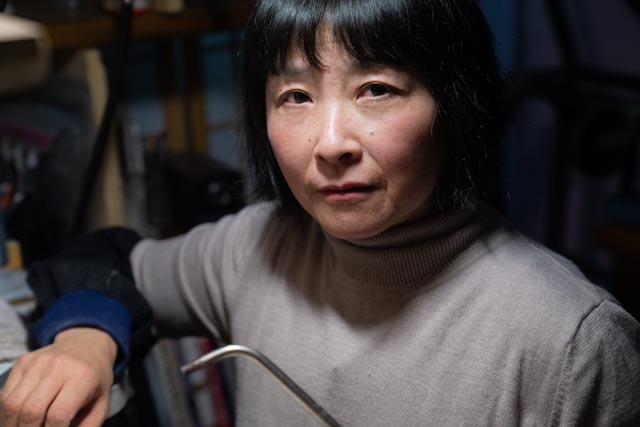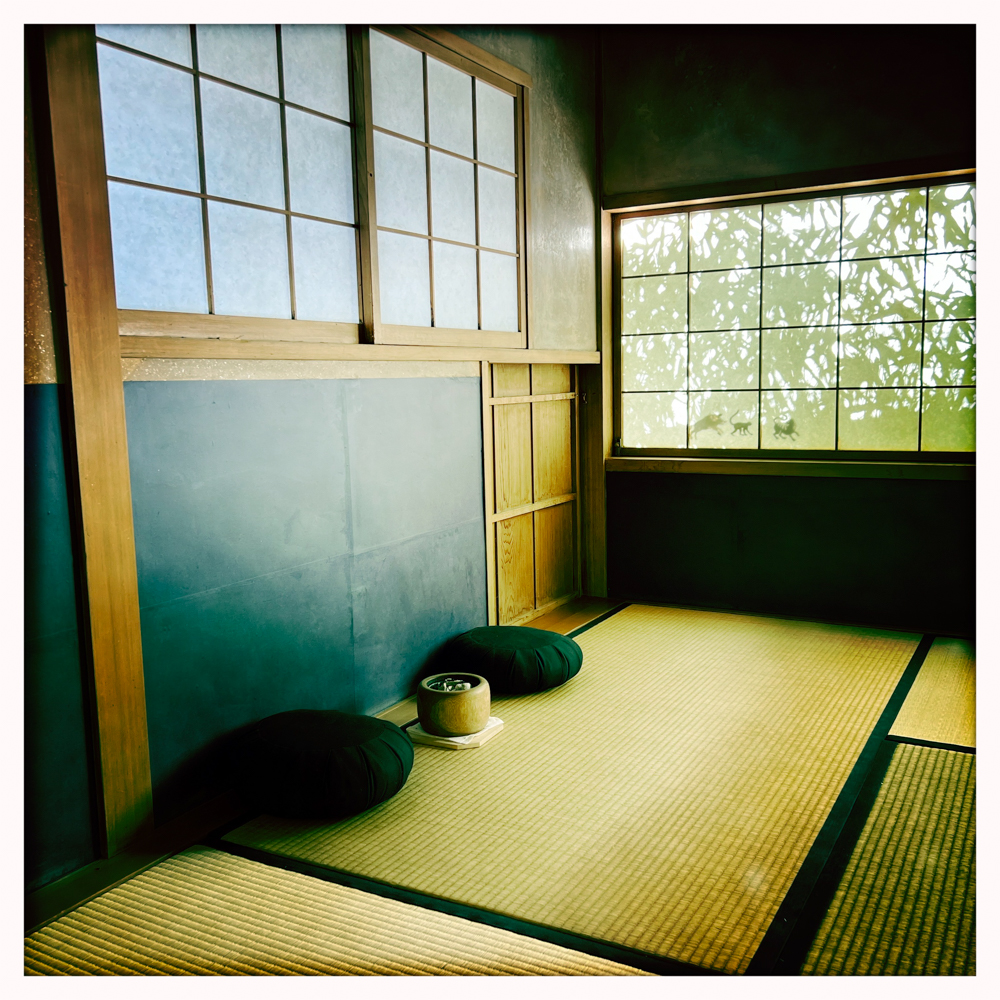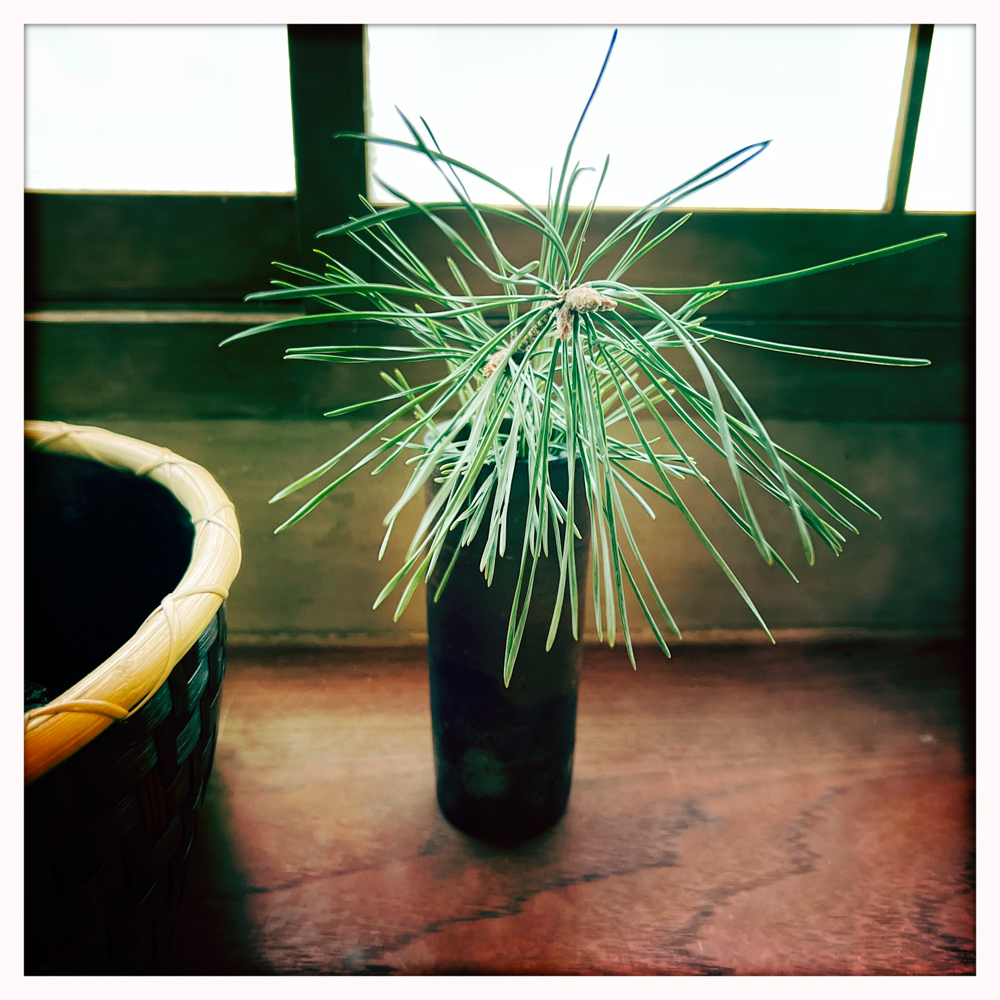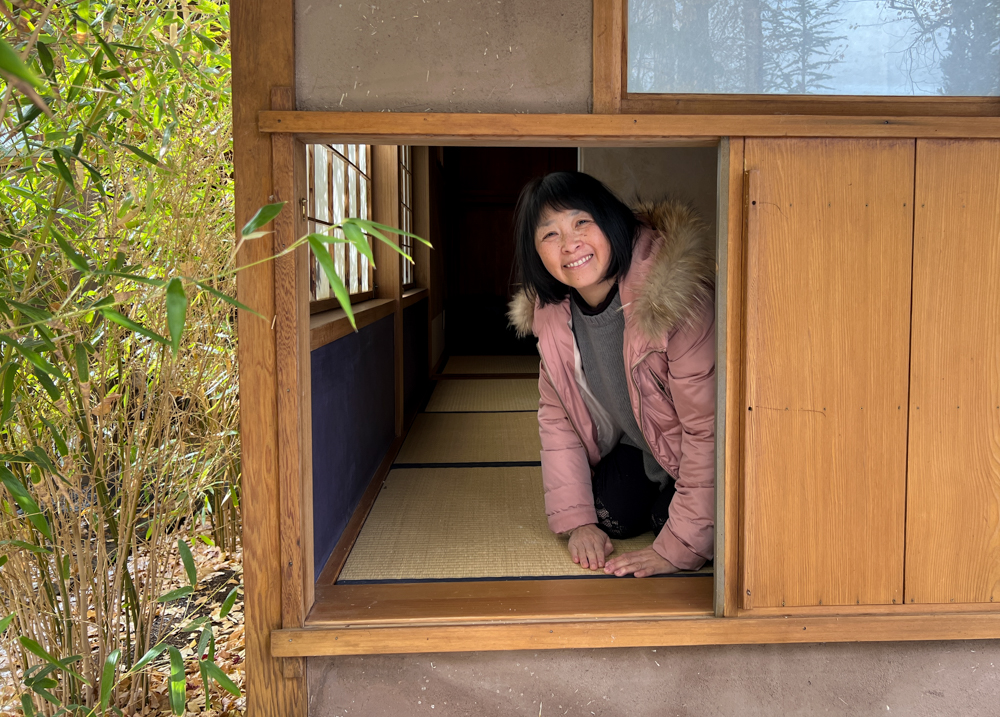Satori Murata
The Way of Tea

Satori MurataTea gives a sanctuary for people's heart. That's the ultimate purpose of the tea.
Episode .09 ∙ Satori Murata



And the ultimate awakening time for me was when I was talking to my friend’s brother, he went to the mountain temple to get trained to eventually be that monk, to inherit this them temple. And he told me that at that mountain temple, there’s a way of doing everything. So at first when I heard that, I was like, wow, such a strict training. But then he said, no, no, no. Sad. That’s not it. If all the ancestors thought about how to do things and then came up with this idea of doing something efficiently and beautifully, um, and then we follow it. You don’t need to make small decisions about how to do things or what to eat, what to wear, what’s gonna happen.
You know, we are actually making all sorts of decisions every single day that gives, that makes our mind so busy. And these are monks who need to focus on their religion and taking care of their people. So their training was to free their mind, not thinking about what they’re going to do the next and actions, so their mind can focus on what’s, what’s really important and think about their religion, their spirituality, their philosophy, and how they can contribute back to their community.
Actually, I feel like I’m working on a little magic to happen. I consider when we do that kind of way of team, we are evoking some kind of energy and the whole room is filled with it. If you are happy, then people around you will get that energy of a sense, and then they get happy too. So we can have that chain reaction to each other. And if everybody’s radiating a little happiness, we can all feel that. I try to keep myself happy as much as possible.
It takes long time to be content with how you are and what you are. I was always searching, who am I? But I feel now I can be okay with being myself as I am. I am not distracted that much. So I can really follow my heart and whatever I do, and then do it in the way I learned from way of tea, it can go wrong. So I feel really powerful actually.

Satori Murata
Born and raised in Nagano, Japan, the mountain area on the main island. She grew up watching her mother who was chado (way of tea) teacher. She grew up loving stories and poetry. She studied literature in English (MA in English, Tokyo). At the age of 26 years old, she came to the USA and lived on the Navajo nation and attended Dine college from 1992 – 1995. While on the Navajo nation, she enjoyed listening to their stories.
From 1997 – 2005, Satori apprenticed as a goldsmith.
She has been studying way of tea passionately since 1998. She was the president of Santa Fe JIN (Japanese Intercultural Network) from 2013 – 2014. In 2017 she started kintsugi craftwork.
She is currently teaching Japanese language and Japanese culture privately.
